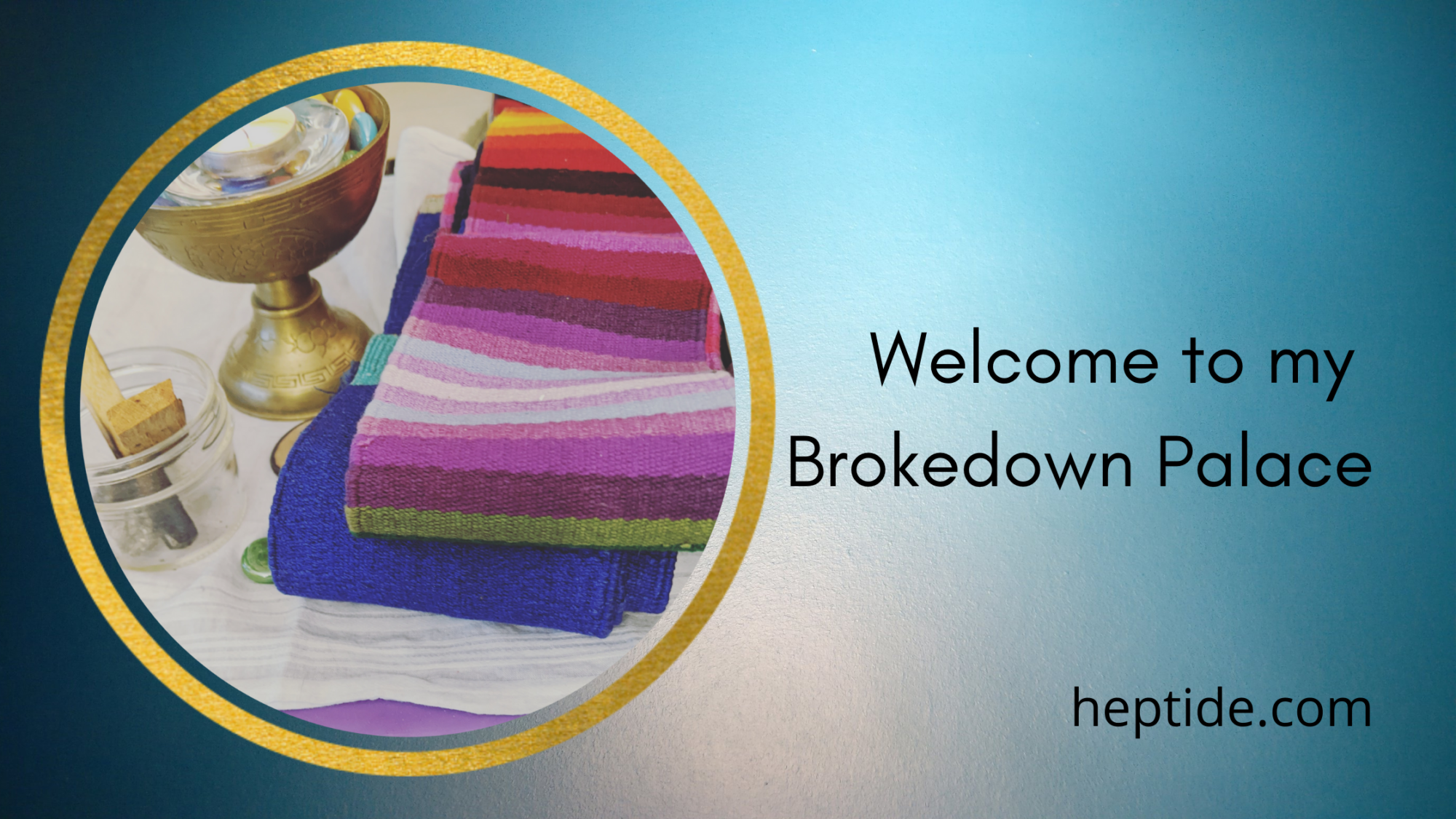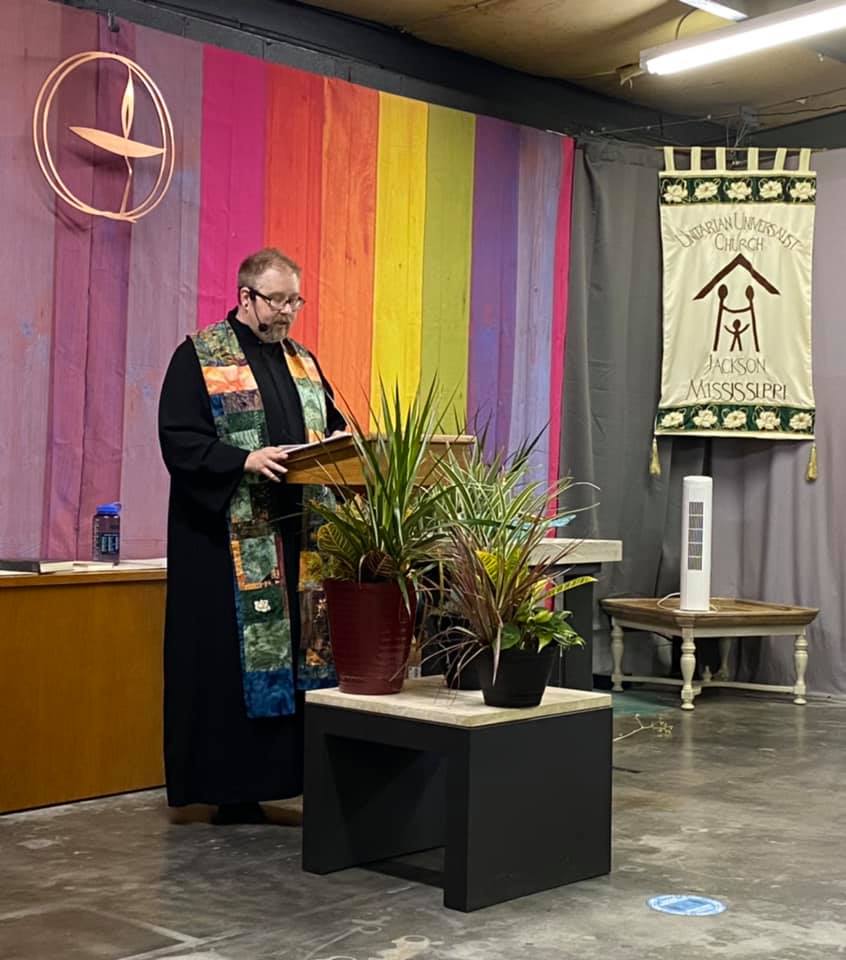I am 42 years old, and I have been diagnosed with ADHD. Not only do I have ADHD, but I tested to have extreme ADHD. My ADHD was easy to miss when I was younger, because I am quirky, and I appear to be smart, and I seem to fit in with a neurotypical world. See, when I was a young adult in my 20’s I knew there was something wrong with me. I was filled with a desire to learn so much but couldn’t sit down to read most of the books I had to read.
Remember when I said I appeared to be smart? I graduated middle school with a C average, high school with a very low B average, college with a C average, and Seminary with a C average. But I looked smart, and I showed a reasonable command of the subject matter, so no one was really concerned. However, during Seminary I had my first panic attack, at least the first one I remember so, I took a step back from ministry and entered counseling to help me with what I would later understand was depression and anxiety.
After seminary, I entered a Clinical Pastoral Education (hospital chaplain) program where there were no grades, no tests, just experience, there was a lot of reading, processing, and group work, and I was more successful at that than at anything else in my life. In hindsight I know that is because the educational model of CPE is very neurodiverse. We are given multiple paths to learning, and I could even see this. I realized I need to read, watch, listen, and experience to really learn something.
I was in my 30’s when I was fired for the first time because my mouth often moved faster than my brain. I made an honest statement that was inconsistent with the culture of the organization for which I worked, regarding the role of chaplaincy. Two weeks later, I no longer worked there, and that was the first time I hit rock bottom. I remember posting online, “I have never been so full of emptiness.” I found myself homeless surfing couches and going back and forth between jobs and government assistance. Though I got through that, it left me with post traumatic stress.
This PTS would go on to entrench me in depression and anxiety for all the years hence. I would find different ways to relive that trauma over and over again. The most recent time during the Covid Crisis, but I’m jumping ahead. I could generally keep my depression and anxiety at bay and finally found a faith that made more sense to me. And though faith is a balm for a weary and broken soul, it is not often the only necessary medicine.
Years after completing the long process of fellowship with my new faith, I found myself deeply entrenched in depression again. I looked up from a sermon after a panic attack and said, “Why am I preaching about depression again?” I had always been a proponent of medication for mental illness, for other people. I never realized that I would have to fight myself to become a proponent of medication for my mental illness.
Once medicated life returned to normal, I wasn’t sad all the time, but I still found myself hyper focusing on trauma and anxiety from the past. When the Anxiety got too bad, I would find a different hobby, and I would hyper focus on that hobby so that I could continue to work, then when that hobby stopped being new I found something else. Of course, I wouldn’t trade that experience for anything. I had the opportunity to become a cyclist, a hiker, a vintage computer guy, and a game master. In fact, I still love those things.
But when the pandemic hit many of my coping mechanisms dried up. I no longer had Sunday Service where I would cut up with teens, I didn’t have the energy to hike or cycle. I watched people play down the corona virus and I began to isolate, I felt completely alone. Then the financial issues started, the AC went out in the summer, the refrigerator a few months later, the dryer before all that. My half time career, (which working half time always causes me internal shame) was not cutting it financially, and it constantly felt like we were a month from losing our house. But I couldn’t figure out what was different.
During that time my depression and anxiety put my job in jeopardy, I was having multiple anxiety attacks a day. I had gained 50 pounds and hurt all the time. I felt alone, and began to feel paranoid, and I had my very first nervous breakdown. When I look back to that time I shudder, because I was in a pit, and I couldn’t get out. Then we had to put down two dogs, the first we expected and the second we didn’t.
I had already called my doctor, he had already doubled my medication, which is probably why I am still here today. But I was still having regular panic attacks. I think I might have burned a lot of bridges during that time, and I think a lot of people were worried about me, but very few of them said anything in a way I could understand, I think most people just tried to avoid me. By this time, I was very publicly saying, “I’m not ok.” But I didn’t know what to do with that.
Over time, medication, and therapy I began to find my way out. I became ok, but I was still exhausted all the time, I still focused on gloom and doom all day, I still struggled to work, and my therapist, reminding me I was depressed also mentioned ADHD.
Through her office I took a test. I remember the therapist asking, “Do you have a problem with losing track of conversations?”
I said, “I have a story about that!” I began to tell a tangential story, then after a few minutes said, “Wait, what was the question?” Apparently, I had answered the question. It turns out my level of ADHD was in the “Extreme” range. Over the years, my ADHD, along with the anxiety, depression, and trauma magnified each other. The isolation of the pandemic exacerbated the issue. It became a perfect storm of despair. I think if not for my wife and step-children along with a few very good friends and a therapist, I would have become lost in myself, because what happens after your already broken, do you become more broken, or do you return to dust?
I take medication now for my depression, anxiety, and ADHD, and see my therapist regularly. I have multiple colleagues that I reach out to on a regular basis and always have somewhere to check in, and for the first time in a long time, I feel joy. I believe I can accomplish things again, and I’m not exhausted. I am beginning to embrace my new label, neurodivergent, because why would anyone want to be typical?
You may be wondering why I am choosing to share this now. Because I know I am not alone. I am a neurodivergent living in a neurotypical world, and that feels lonely. I am also telling this story because there aren’t enough people in leadership who do. We still live in a world that stigmatizes mental illness and I wonder, if more leaders would share their stories, would more people get help.
The hardest thing to learn is that mental illness is an illness like any other, and no one should avoid treatment because of the people who don’t understand. I also think it is important to note that it isn’t anyone’s fault that this happened to me, or that I am like this, not my parents, my family, or any other relationships, and it is nothing to be ashamed of.
So in my final word, you don’t have to be alone.

